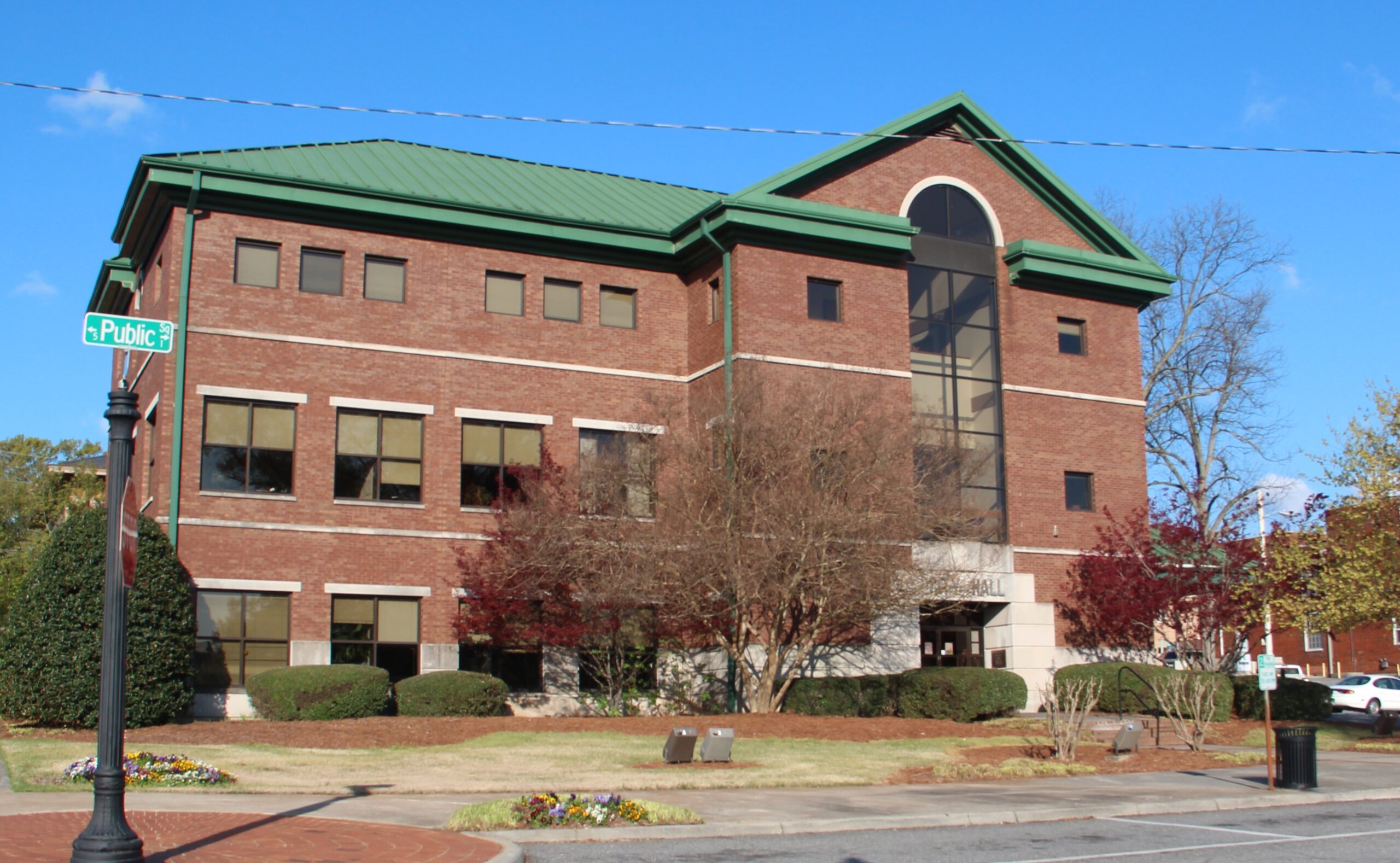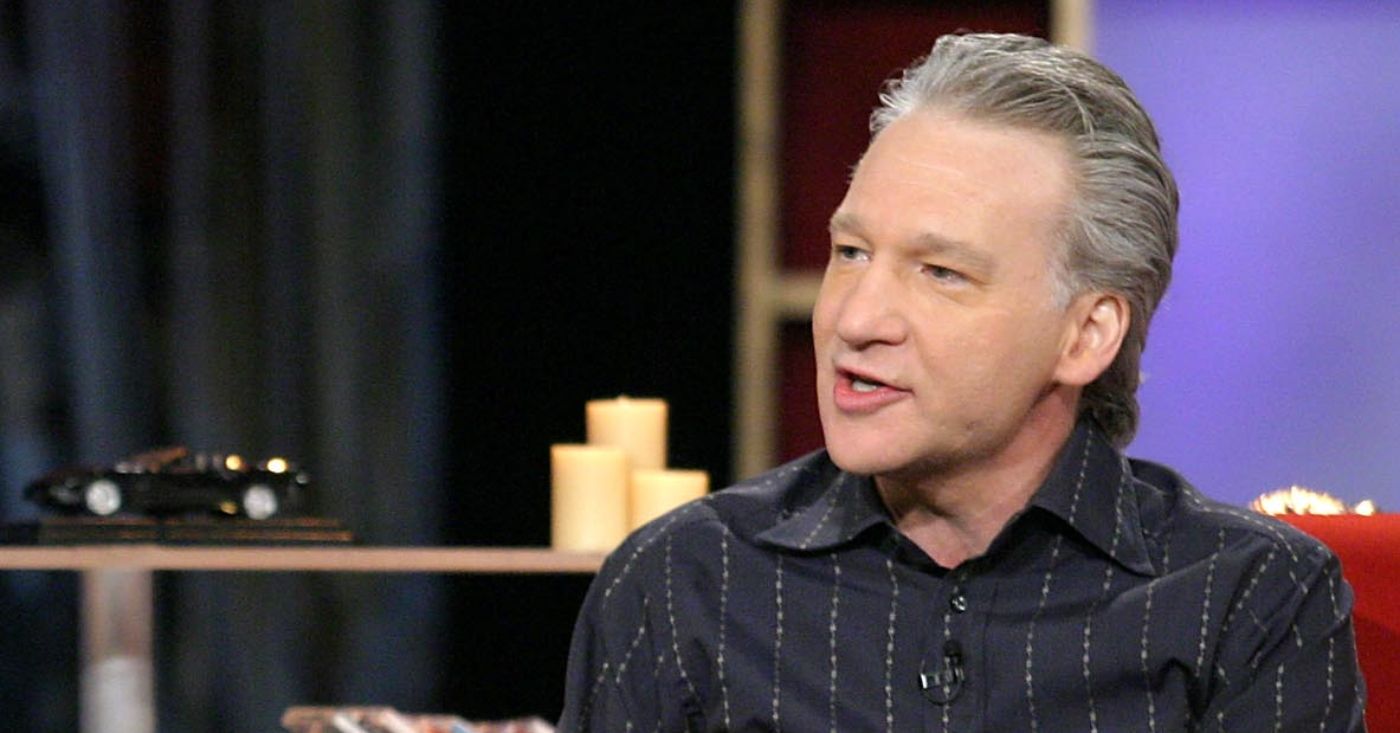Cartersville, Georgia, is a city rich in history, culture, and community spirit. Understanding the ownership and governance of this city involves delving into its administrative structure, historical context, and civic dynamics. This article provides an in-depth exploration of Cartersville’s leadership, management, and overall framework.
Who Governs Cartersville, GA?
Cartersville operates under a mayor-council form of government, a common structure for municipalities in the United States. This means the city is governed by an elected mayor and city council members who work together to make decisions, create policies, and oversee the city’s operations.
The current mayor, as of 2024, is Matt Santini. He has been a pivotal figure in steering the city’s growth and addressing community needs. The mayor’s role includes representing Cartersville at official events, proposing initiatives, and collaborating with council members to implement citywide policies.
The city council is composed of representatives elected from various wards within Cartersville. These individuals work alongside the mayor to enact ordinances, approve budgets, and manage public services. The council’s decisions are made during public meetings, ensuring transparency and community involvement.
What Are the Historical Foundations of Cartersville?
Cartersville was established in the mid-19th century and has grown from a small settlement into a thriving city. Its development has been shaped by its location along the Etowah River and its proximity to major transportation routes. Historically, the city played a significant role in the agricultural and industrial sectors, contributing to its economic stability.
The city is named after Colonel Farish Carter, a prominent Georgian landowner and businessman in the 19th century. While he did not own the entire city, his influence and contributions to the area’s development were significant enough to honor him in this way. This historical naming highlights the interconnectedness of land ownership and community growth in Cartersville’s early days.
How Does Public Ownership Work in Cartersville?
Ownership in a municipal context does not refer to a single individual or entity owning the city but rather the collective governance by public officials and the shared responsibilities among residents, businesses, and local government. Public spaces, infrastructure, and services such as parks, roads, and utilities are managed by the city government on behalf of its citizens.
The residents of Cartersville play a crucial role in its ownership by participating in elections, community meetings, and public forums. Their input directly influences city planning, development projects, and policy decisions. In this sense, Cartersville’s “ownership” is a collaborative effort between the government and its people.
What Entities Own Major Properties in Cartersville?
Beyond public ownership, Cartersville’s landscape is shaped by various private and institutional property owners. Key entities include:
- Bartow County Government: Cartersville serves as the county seat of Bartow County. The county government owns several properties within the city, including administrative buildings and public facilities.
- Educational Institutions: The Cartersville City School District owns several properties, including schools and administrative offices. Additionally, Georgia Highlands College has a campus in the city, contributing to educational property ownership.
- Major Employers: Businesses such as Anheuser-Busch, Shaw Industries, and other manufacturing companies own significant industrial properties. These entities contribute to the city’s economic vitality and employment opportunities.
- Historic Landmarks: Several historic properties, such as the Booth Western Art Museum and the Etowah Indian Mounds, are either publicly owned or managed by nonprofit organizations.
How Does Community Ownership Influence Cartersville?
Community ownership in Cartersville extends beyond tangible assets. The city’s vibrant culture, festivals, and civic pride are testaments to the residents’ shared sense of responsibility and connection. Programs like neighborhood cleanups, volunteer initiatives, and support for local businesses highlight the collective efforts of Cartersville’s population to maintain and enhance their community.
The Cartersville Downtown Development Authority (DDA) plays a significant role in fostering community ownership. The DDA works to revitalize the downtown area by supporting local businesses, preserving historic architecture, and creating public spaces that enhance the quality of life for residents.
What Role Does Economic Development Play in Ownership?
Economic development is a cornerstone of Cartersville’s growth and sustainability. By attracting businesses and fostering entrepreneurship, the city enhances its economic base and creates opportunities for property development and investment.
The Cartersville-Bartow County Economic Development office actively works to bring new industries to the area while supporting existing businesses. This effort includes providing resources, facilitating connections, and offering incentives to businesses that align with the city’s goals.
What Challenges and Opportunities Exist for Cartersville?
Like any growing city, Cartersville faces challenges such as balancing development with preserving its historical charm, managing infrastructure demands, and addressing social needs. However, these challenges also present opportunities for innovation and collaboration.
One of the city’s strengths lies in its ability to engage residents and stakeholders in problem-solving. Public-private partnerships, strategic planning, and investment in education and workforce development are just a few ways Cartersville navigates its challenges while positioning itself for a prosperous future.
Conclusion
Cartersville, GA, is not owned by a single entity but by its residents, government, and community as a whole. Through collaborative governance, historical appreciation, and forward-thinking economic strategies, the city continues to thrive. Its unique blend of history, culture, and community spirit makes it a model for shared ownership and civic engagement in the modern era.










